Sleep is crucial for everyone as sleep gives us the energy to give 100% every day. In the health sector, we are more focused on sport and healthy nourishment but not that much on our sleep, which should have at least the same importance in our life. Tinus has developed an innovative, patent-pending technology for area sound transmission via bone conduction. The ESA BIC Bavaria incubatee aims to distract the subconscious mind to make it easier to fall asleep. Find out more in the interview below conducted by Pia Feurstein Project Manager at ESA BIC and Bianca Hartmann, Marketing Manager at Tinus.

- How would you explain what you do to someone who has never heard of your company before? Please give us a sneak peek of your product and the team behind it.
Tinus is producing a sound pillow that is particularly designed for tinnitus patients to help them fall asleep. Especially at night, when the world is silent, the ear noise becomes more intense and keeps sufferers from sleeping. The unique feature of Tinus One is that you can only hear the pillow’s sound when lying on it, while your partner, lying directly next to the pillow, will not notice it.
The underlying technology is patent pending and was innovated by our awesome tech team, which consists of Björn, Johannes, Julian and Simon, whereas our marketing team consisting of Jaqueline, Moritz, Philipp and myself are responsible for spreading the word about our one-of-a-kind idea.
- Your target group seems very specific. What motivated you to develop this product?
Most of our team members have a very special connection to the subject of tinnitus. In my case, it’s my mother who suffers from the annoying ear noise and can’t fall asleep at night without listening to music. But my father can’t fall asleep whenever she puts on some music at night. That’s how we came up with the idea of Tinus. We want to enhance the process of falling asleep for people suffering from tinnitus while also respecting their bed partner’s sleep
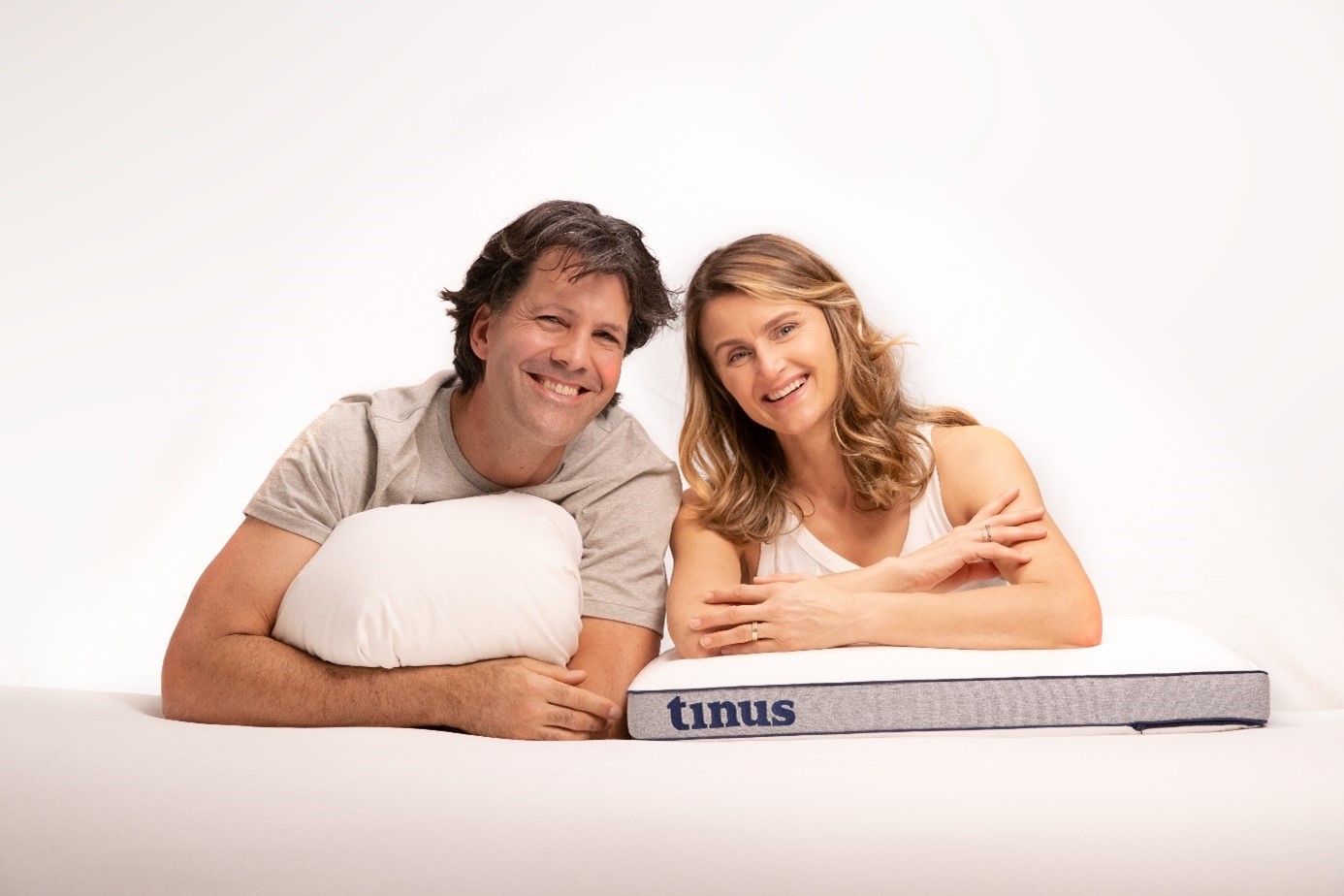
- How is Tinus linked to space technology?
Tinus One is not just a sound pillow into which we have incorporated standard stereo speakers. We innovated our own technology by also implementing features that are used in space. For example, the active noise cancelling that we are experimenting with at the moment originates from pilots’ headphones. We turn this feature inside out to allow a higher volume for the user while their partner in bed remains undisturbed. Tinus’ sound pillow also allows for precise sleep tracking with built-in sensors. The gyroscope that we selected, for example, is derived from the one used in the Hubble Space Telescope to measure movement. Finally, Tinus’ comfort feels like heaven and actually originates from space. We comfort the user with the same memory foam on which astronauts were seated for their take-off on the space shuttle.
- What do you expect from ESA BIC Bavaria and how do you think the incubator and its network will help you to kick-start your business case?
ESA BIC Bavaria offers us a great opportunity to improve our product further and finally launch it on the market. Not only was the funding essential for finalising our product, but especially the wide-ranging network that we became part of, helped us to get to where we are today. We are a small team at Tinus, so it is especially valuable to receive feedback, advice and the best strategic partners through ESA’s network. With all the support we received and will receive in the future, we are able to make Tinus One available to the public in autumn this year. We are very proud and excited about how fast we were able to finally launch the product, thanks, in part, to all the great advice we received.
- What were your biggest challenges so far and how did you overcome them?
Tinus is a fast-growing start-up and we face challenges every day. But I would guess the biggest challenge we have had so far was to find suitable partners for launching our product on a large scale. As already mentioned, our technology is self-invented and requires some special materials and production processes that are not yet commonplace. This made it difficult for us to find suitable production partners who were able to produce what we needed. But, with the help of all of the team members and plenty of phone calls, we finally got it all together. Let’s see how the first products launched on a large scale will turn out. We are definitely excited about it!
- Would you consider Tinus a medical device or a gadget for troubled sleepers in general – and when will your product be available on the market?
Even though Tinus primarily wants to solve the issues of tinnitus sufferers, it is not necessarily considered a medical device. We want to help people to fall asleep based on the research that says that acoustic distraction helps you fall asleep. To achieve reimbursement and thereby address a bigger market, we aim to be listed as a medical device in the future, but for now, the sound pillow is suitable for anyone who likes listening to music while falling asleep. Our first big product series will be launched in October this year.
- Let’s reach for the stars – what is going to happen in Tinus’ future?
Tinus doesn’t only want to enhance the sleep of tinnitus patients; we want to give patients a whole new sleeping experience. We are currently working on an app that will be launched together with the sound pillow. The app will offer different, also personalised soundtracks, precise sleep data analysis and other forms of information, and recommendations for a more relaxed and healthy everyday life.
Besides that, we want to enlarge Tinus’ market to other matters relating to sleeping disorders. The sound pillow will be enhanced by AI-based functions and an additional product that complements the sleep data environment. In this way, we want to make sure that everyone gets the sleep they deserve.
Did you enjoy this interview with an outstanding startup? Get in contact with Tinus. Meanwhile, you can apply to ESA BIC Bavaria open call by 21 August 2022 or contact us at esa-bic@azo-space.com
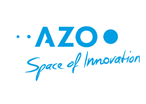

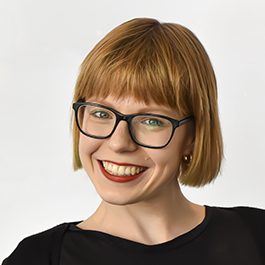
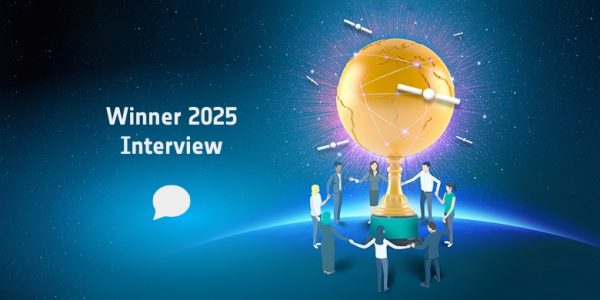
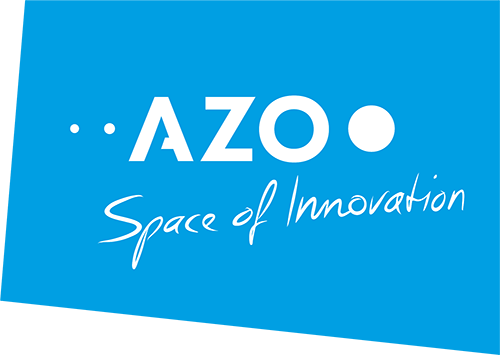
Comments are closed.